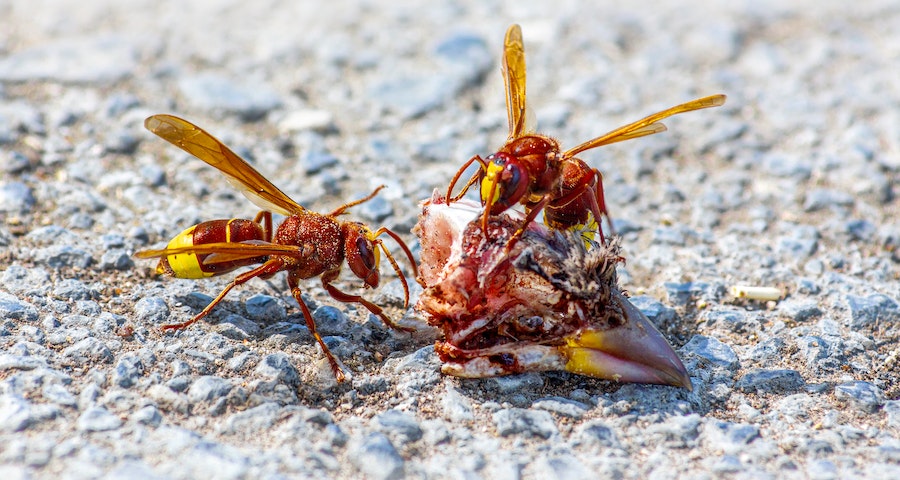
The winter is coming, and as homeowners, we already have so much on our plate, from preparing our homes for the cold weather to ensuring our families are warm and cozy. One other thing we should not forget to do is to prepare for overwintering pests. Overwintering pests are insects and pests that seek warmth and shelter in our homes during the winter season. While it’s great to provide shelter for rodents and insects in the cold winter months, keeping them out of our homes is of the utmost importance.
In this article, we’ll discuss how to identify overwintering pests and what you can do to prevent them from invading your home.
Contents
Understanding Overwintering Pests
Overwintering pests, as the name suggests, are insects and pests that seek refuge from the cold weather by hiding indoors. These pests can survive harsh winter temperatures by slowing down their metabolism and hiding in attics, basements, or walls. Common overwintering pests include ladybugs, stink bugs, boxelder bugs, cluster flies, and brown marmorated stink bugs.
Signs of a Pest Infestation
The earlier you detect an infestation, the better the chances of preventing the pests from breeding and spreading within your home. Here are some common signs that you may have an overwintering pest problem:
Shed skin or dead bugs lying around window sills or floors
Odor: When pests are in distress or killed, they release a noxious odor
Visible pests: If you see a large number of pests flying around your home, you likely have an infestation
Unusual sounds: Rodents or pests living in walls, floors, or attics may produce scratching or rustling sounds.
Preventive Measures
The best way to prevent overwintering pests from entering your home is to seal any cracks and crevices in your foundation, walls, roof, and doors. Check for gaps around windows and doors, utility pipings, and vents, and seal them with caulk or weather stripping. Add door sweeps to the bottom of all exterior doors to prevent pests from crawling in. For attics, adding extra insulation will keep these pests out from under the roof decking.
Chemical Treatments
If you already have an infestation, chemical treatments may be necessary. There are several DIY and professional pest control options available. If you decide to handle the infestation yourself, ensure you read and follow all product instructions, and always protect yourself by wearing gloves, a mask, and shoes. However, it is always better to call in professionals who have the experience and expertise to handle pests quickly and effectively.
Maintenance
Overwintering pests may enter your home during the fall, so it’s essential to keep your home clean and tidy all year round. Remove piles of leaves, compost heaps, and piles of brush, as these materials can serve as a hiding place for pests. Clean gutters regularly to avoid moisture buildup, and store firewood as far away from your home as possible.
Conclusion
Overwintering pests can be a nuisance during the winter months. Following the tips outlined above can help you prevent an infestation and keep your home pest-free during the winter season. Even with preventive measures, it’s not uncommon to find some pests in your home. In such situations, it’s better to call a professional pest control company to handle the infestation quickly and without unnecessary risk to you and your family. Remember, the earlier you catch an infestation, the easier it is to manage, so keep a lookout for any signs of an infestation, and take immediate action to prevent them from spreading.
